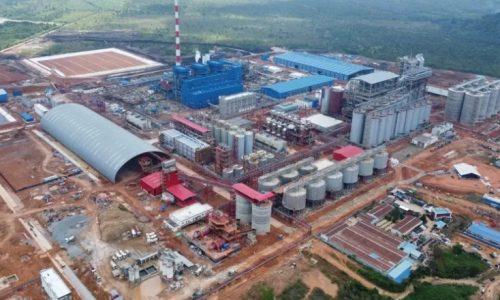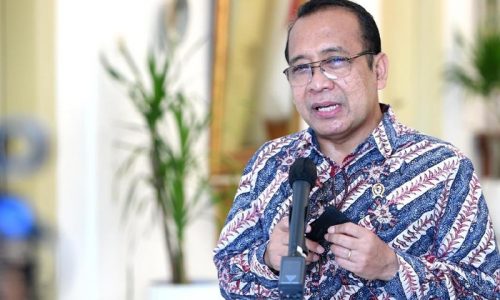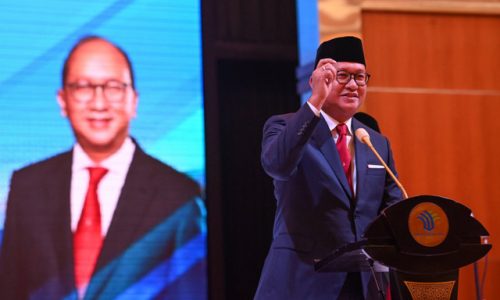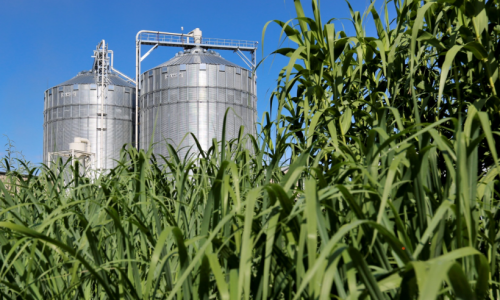PT Pertamina Patra Niaga, a Commercial & Trading Sub-Holding of PT Pertamina, responds to findings by the Business Competition Supervisory Commission (KPPU) regarding the monopoly of aviation fuel sales.
The KPPU has concluded that the aviation fuel supply market in Indonesia has a monopolistic structure and is vertically integrated, leading to market inefficiencies and contributing to the high prices of aviation fuel.
In response to these findings, Irto Ginting, Corporate Secretary of PT Pertamina Patra Niaga, stated that the company consistently upholds compliance values based on Ministerial Decree No. 17K/10/MEM/2019 regarding the Basic Pricing Formula in Calculating Retail Prices of Aviation Fuel Types Distributed Through Aircraft Fuel Filling Depots.
“In principle, we respect the evaluation results from KPPU,” Irto told Bisnis.com on Thursday, February 8, 2024.
The company also maintains competitive values with lower published prices compared to fuel providers’ prices in Singapore.
Irto explained that the selling price of aviation fuel is not only determined by crude oil prices but also by distribution complexity. In Indonesia, ensuring supply security is crucial due to its archipelagic nature. Distributing aviation fuel to all airports, including remote airports, presents unique challenges.
Irto revealed that Pertamina’s competitive pricing for aviation fuel is equivalent to or lower than the price per liter in countries with similar geographical landscapes. Previously, KPPU recommended the government to improve the governance of aviation fuel providers and distribution. This recommendation was communicated to the Coordinating Minister for Maritime Affairs and Investment Luhut Binsar Pandjaitan through a letter of advice and considerations on January 29, 2024.
“We have officially sent a letter to Mr. Luhut regarding our stance,” KPPU Chairman Fanshurullah Asa said on Tuesday, February 6, 2024.
KPPU recommended two points to the government. First, to encourage the implementation of open access in the aviation fuel supply and/or distribution market, as stipulated in the Oil and Gas Law and its implementing regulations. Second, to promote the implementation of a multi-provider system for aviation fuel for each airport group, considering various conditions such as infrastructure readiness and opportunities for bidding or selecting contractors.
Furthermore, revising the Regulation of the Downstream Oil and Gas Regulatory Agency (BPH Migas) No. 13/P/BPH MIGAS/IV/2008 and establishing technical regulations by BPH Migas for the use of fuel transportation and storage facilities in line with the principles of healthy business competition.
“KPPU hopes that with the adaptation of open access and multi-provider systems, competition in the aviation fuel market will be more open and efficient, contributing to the reduction of flight ticket prices,” he said.
According to the Business Competition Journal, aviation fuel sales in Indonesia tend to be monopolistic as they are predominantly dominated by Pertamina. However, the company does not engage in monopolistic practices, and the unhealthy business competition due to Pertamina’s aviation fuel sales monopoly in Indonesia is supported by government regulations that provide protection to the domestic oil and gas industry.









